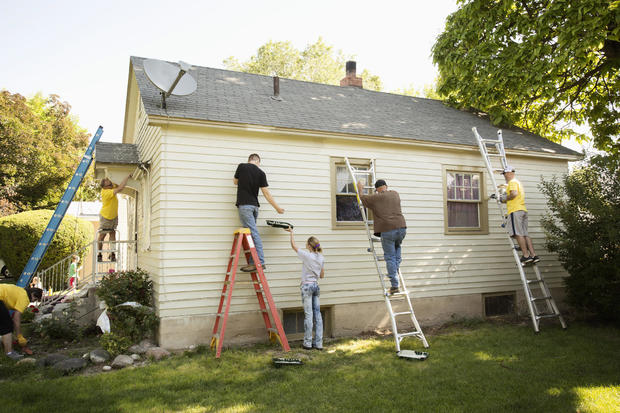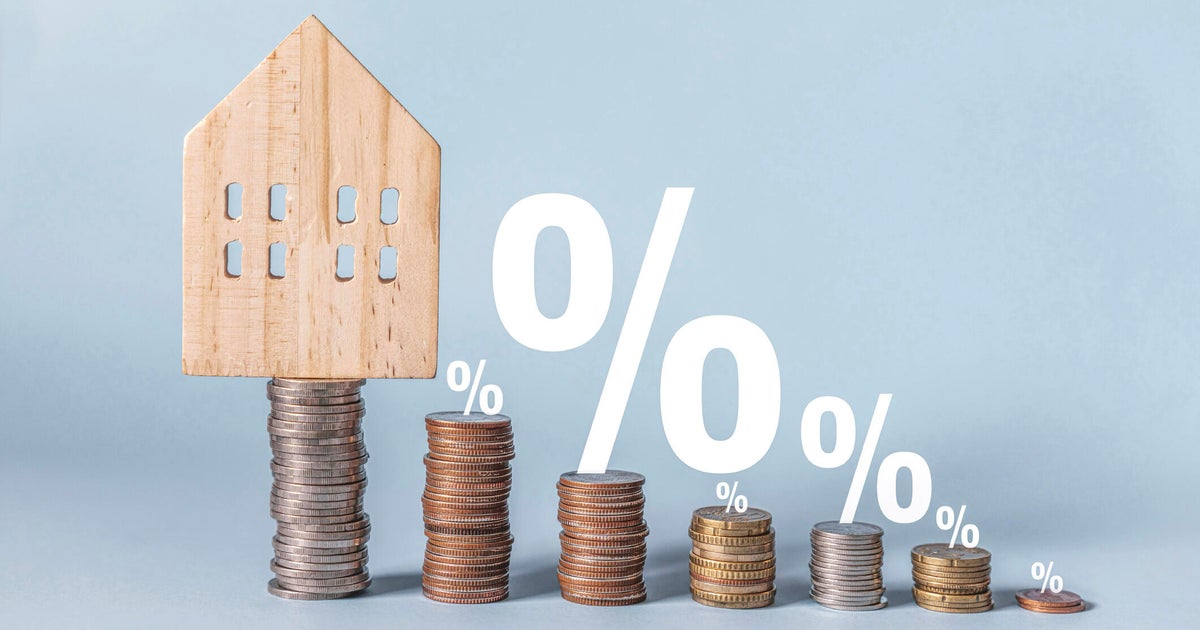Why you should use home equity for spring repairs
The days may be short and the nights may be long, but the winter can be a great time for homebuyers to carefully plan renovations and repairs. Quality workmanship can take time, careful planning and money, all of which won't happen quickly. As such, the work you may be anticipating completing in March, April and May can start being conceived now. Perhaps most importantly, the finances to complete the work will need to be gathered in the preceding weeks and months.
There are a variety of ways to secure this additional money, but perhaps the best and least expensive way for homeowners to do so is by using their existing home equity. There are multiple advantages to using the equity they've accumulated via a home equity loan or home equity line of credit (HELOC) and it can be particularly advantageous for spring repairs.
Below, we'll break down three reasons why homeowners should apply for a home equity loan now to have it ready for warmer weather work.
Start by exploring your home equity options here to learn more.
Why you should use home equity for spring repairs
Here are three compelling reasons to use home equity for your planned spring repairs.
It's cheaper than the alternatives
If you're ready to secure your finances for your renovations, then start by exploring all potential options. Once you do, however, you'll note that home equity — whether as a loan or a line of credit — is one of your least expensive options. After all, personal loans come with interest rates in the double digits and interest rates on credit cards are around 20% currently.
But home equity loan and HELOC rates today are both below 10% — and they could fall further as the rate climate stabilizes later in the year. Those rates will result in substantial savings for borrowers, freeing up more cash to use on their projects.
See what home equity loan rate you could qualify for now.
It may be tax-deductible
Another significant way that home equity borrowing is superior to credit cards and personal loans is the interest tax deduction borrowers qualify for. Unlike those aforementioned alternatives, homeowners can deduct the interest they paid on the loan or line of credit when they file their taxes for the year it was used. It just needs to be utilized for eligible purposes, which spring home repairs and renovations are likely to qualify as.
"Interest on home equity loans and lines of credit are deductible only if the borrowed funds are used to buy, build, or substantially improve the taxpayer's home that secures the loan," the IRS notes online. "The loan must be secured by the taxpayer's main home or second home (qualified residence), and meet other requirements."
Just be sure to consult with a tax professional so you know exactly what kind of work will be eligible for the deduction and which won't be.
Funds can be flexible
It may be difficult to determine exactly how much you'll need to repair and renovate your home. And if you've ever taken on a major repair or home improvement project before, chances are good that the costs superseded your budget estimate.
Fortunately, borrowers won't have to worry about coming up short when they borrow their home equity with a HELOC. Since the funds act as a revolving line of credit, you'll have more flexibility to spend more (or less) than you initially anticipated without having to constantly reapply for more funding.
Plus, HELOCs often come with variable interest rates, which could be advantageous this year, with many expecting a drop in rates to come later this spring and summer.
Learn more about your HELOC options today.
The bottom line
By preparing their finances now for a spring home project, homeowners will be ready to start their work immediately. Although there are many ways to fund this work, arguably none are as beneficial as home equity. Both home equity loans and HELOCs are often less expensive than other credit alternatives, and they can help borrowers qualify for an interest tax deduction next April. And, if they use a HELOC specifically, they'll have flexibility in their budget as their home repair needs increase or decrease over time. For all of these reasons, homeowners in January 2024 should start researching their home equity options to effectively (and inexpensively) finance their home repairs this spring.




